Regents’ Innovator, Professor, and Entrepreneur are the highest distinctions for faculty members from the University System of Georgia.
The University System of Georgia Board of Regents honored five College of Engineering faculty members with Regents’ appointments at its April meeting.
Thomas Kurfess and Patricia Mokhtarian were named Regents’ Professors, while Omer Inan and Rampi Ramprasad were designated Regents’ Entrepreneurs. Alexander Alexeev received the Regents’ Innovator title.
The titles are the highest distinction from the system and recognize faculty members for academic, innovation, and entrepreneurial excellence. Altogether, the Regents honored 12 Georgia Tech faculty members across campus.
Thomas Kurfess
Regents’ Professor
HUSCO/Ramirez Distinguished Chair in Fluid Power and Motion Control and Professor
George W. Woodruff School of Mechanical Engineering
Kurfess researches advanced manufacturing systems, designing, developing, and optimizing new approaches for complex production systems. He helps lead a $65 million effort to use artificial intelligence in manufacturing and transform Georgia’s industrial economy. The Georgia AI Manufacturing (GA-AIM) Technology Corridor is creating and deploying new AI innovations across all manufacturing sectors while training the necessary talent and workforce.
Kurfess also serves as the executive director of the Georgia Tech Manufacturing Institute, and he is the 2023-24 president of the American Society of Mechanical Engineers (ASME).
He served as chief manufacturing officer at Oak Ridge National Laboratory from 2019 to 2021, overseeing strategic planning in advanced manufacturing. Kurfess also previously led the advanced manufacturing team at the White House Office of Science and Technology Policy during the Obama administration from 2012 to 2013.
Kurfess is a member of the National Academy of Engineering and a fellow of the Society of Manufacturing Engineers, ASME, and the American Association for the Advancement of Science.
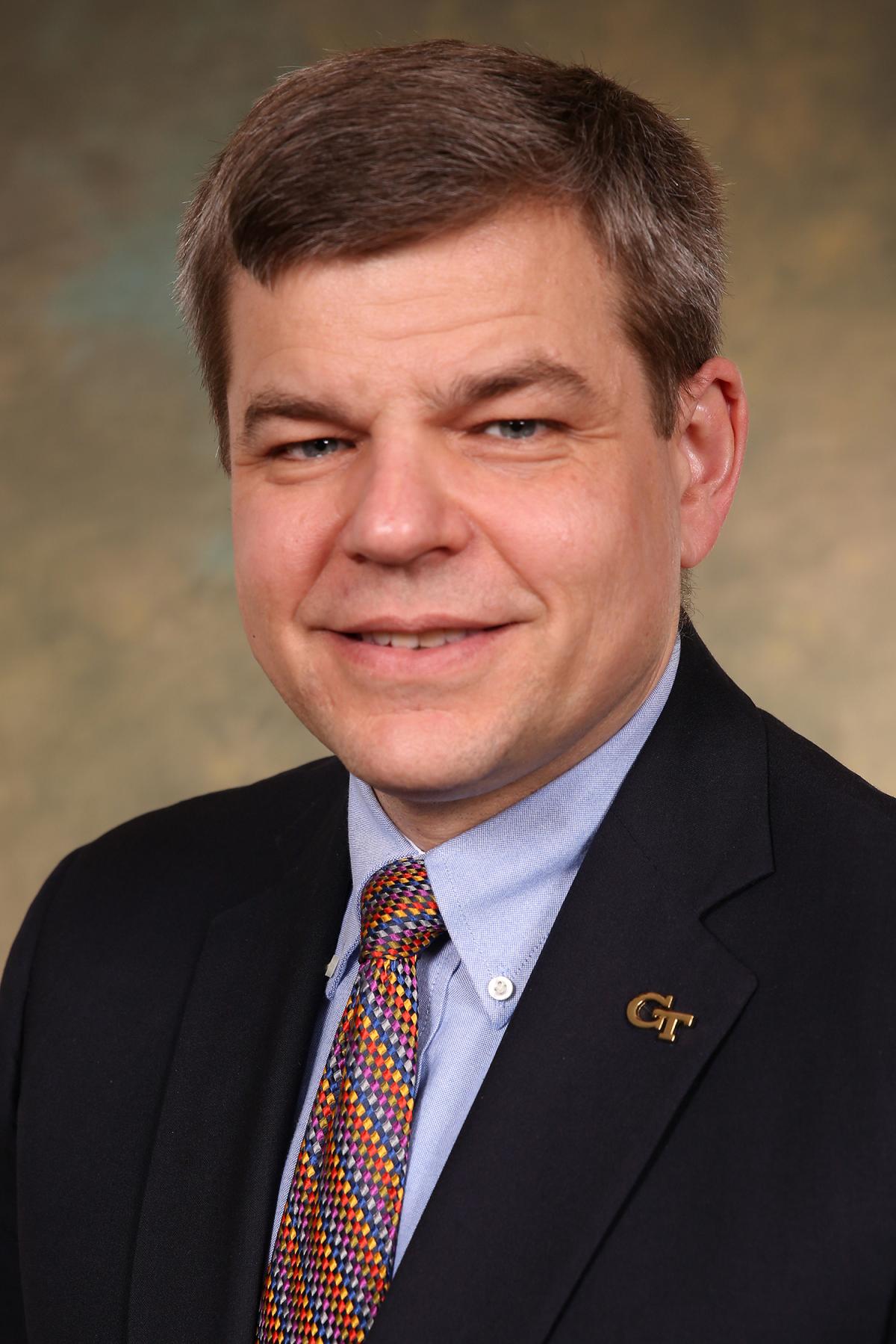
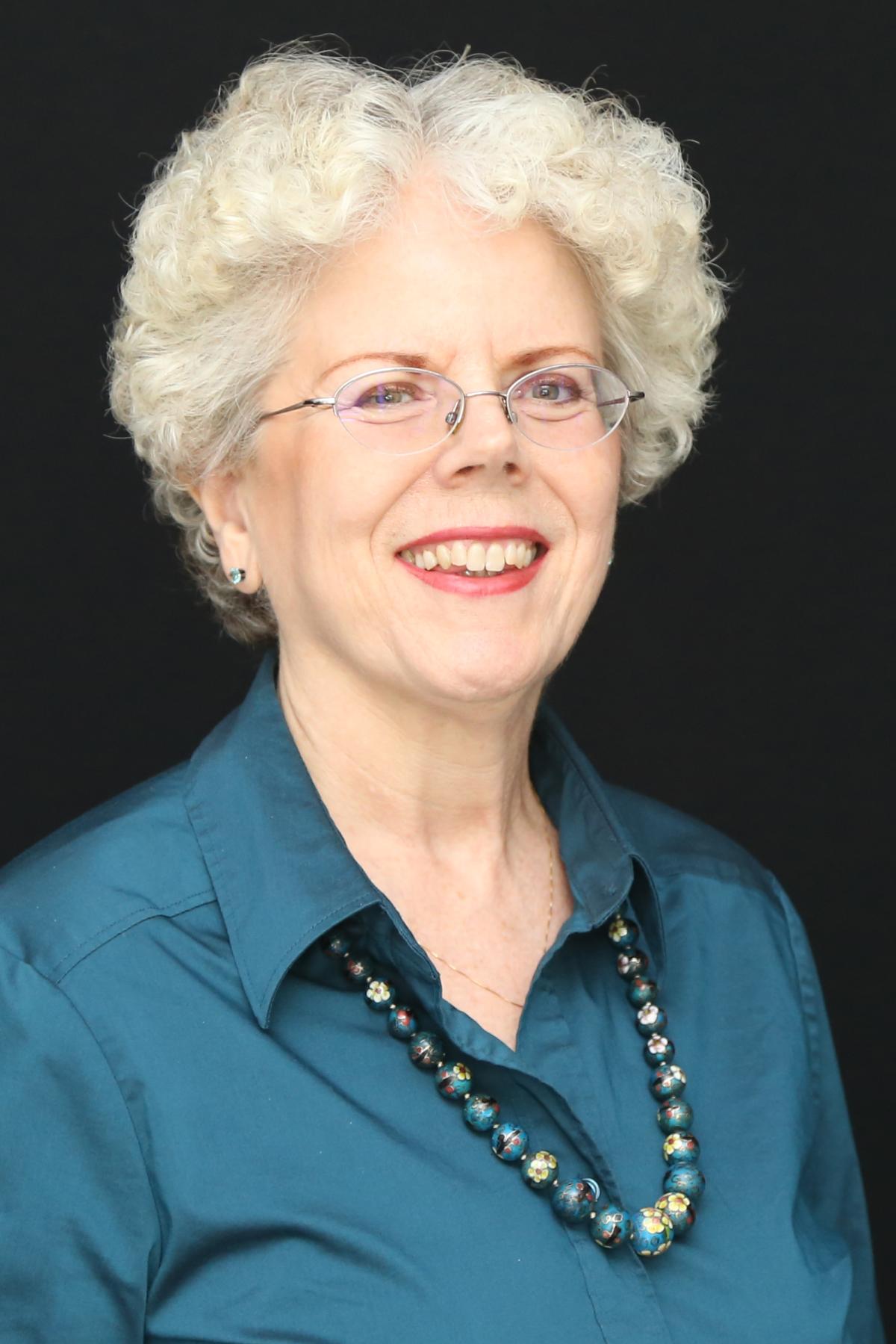
Patricia Mokhtarian
Regents’ Professor
Clifford and William Greene, Jr. Professor
School of Civil and Environmental Engineering
This is the second significant honor for Mokhtarian this spring. In February, she was elected to the National Academy of Engineering, which is among the highest professional honors for engineers.
Mokhtarian studies travel behavior, including the travel-related impacts of information and communication technology and other topics. She has become a go-to resource for journalists as the ripple effects of the Covid-19 pandemic continue to radiate through the nation’s workplaces. She also has received the Lifetime Achievement Award from the International Association for Travel Behaviour Research for her contributions to the field.
In 2023, Mokhtarian helped launch the federally funded Center for Understanding Future Travel Behavior and Demand. She serves as associate director of the University Transportation Center, which is focused on creating new models and tools to help planners understand rapidly emerging technology, changing economics, and new societal values that are shaping the modern transportation environment.
Alexander Alexeev
Regents’ Innovator
Joseph Anderer Faculty Fellow and Professor
George W. Woodruff School of Mechanical Engineering
Alexeev’s work looks to nature to solve complicated engineering problems. He designs active microfluidic systems that can carry out complex functions like sensing, acting, and logic that are inherent to biological microorganisms.
Engineering these systems involves coupling hydrodynamics, soft materials, fluid-structure interactions and more. It’s work that could improve targeted drug delivery with synthetic membranes that have controllable pores akin to the way cell membranes allow some molecules to pass while blocking others. It could inspire the design of micro-scale robots that can perform specific tasks and propel themselves through microfluidic systems.
Alexeev is chief technology officer and co-founder of CellFE, which has developed a scalable, high-throughput microfluidic device for the efficient delivery of gene-editing molecules into cells.
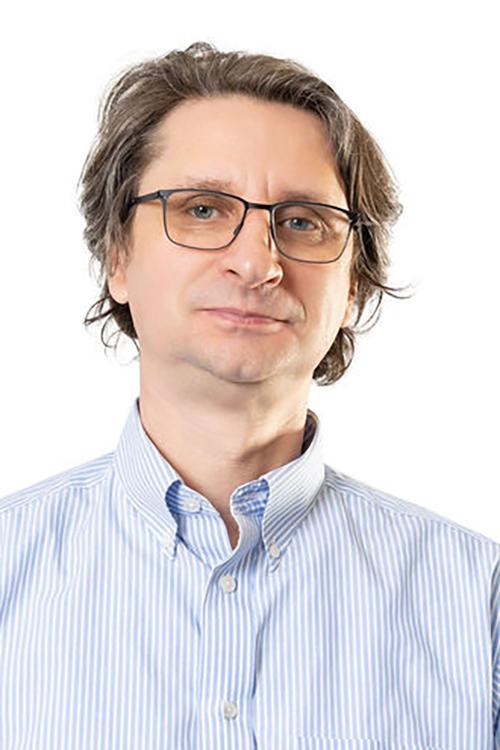

Omer Inan
Regents’ Entrepreneur
Linda J. and Mark C. Smith Chair and Professor
School of Electrical and Computer Engineering
Inan’s research focuses on developing new technologies to monitor and quantify human health, including allowing patients with chronic diseases to track their health at home. He is working to design systems that help patients measure cardiac data to track their heart health. Other technologies would noninvasively quantify stress and modulate the body’s response to help treat post-traumatic stress disorder (PTSD) and listen to joints to assess musculoskeletal health.
In recent years, the U.S. Food and Drug Administration has designated two technologies developed from Inan’s research as Breakthrough Devices, accelerating their use for patients. One is a handheld noninvasive vagus nerve stimulation device to reduce the physiological response to stress for PTSD patients. The other is an algorithm to identify patients at risk of heart failure. The algorithm is part of a company Inan cofounded called Cardiosense.
Inan is a fellow of IEEE, the American College of Cardiology, and the American Institute for Medical and Biological Engineering.
Rampi Ramprasad
Regents’ Entrepreneur
Michael E. Tennenbaum Family Chair and Professor
Georgia Research Alliance Eminent Scholar in Energy Sustainability
School of Materials Science and Engineering
Ramprasad’s research focuses on the discovery of new polymer, metal, and ceramic materials using computational and machine learning tools. The goal is to accelerate design of new materials for energy production and energy storage. Ramprasad also leads an Office of Naval Research Multidisciplinary University Research Initiative working to improve resilience of polymers and explore ways to recycle or reprocess them.
Research in Ramprasad’s lab led to the founding of Matmerize, a company that uses machine learning to develop new polymer formulations. The company’s flagship product is a cloud-based software platform that aims to end wasteful trial and error in materials development cycles.
Ramprasad is a fellow of the American Physical Society.
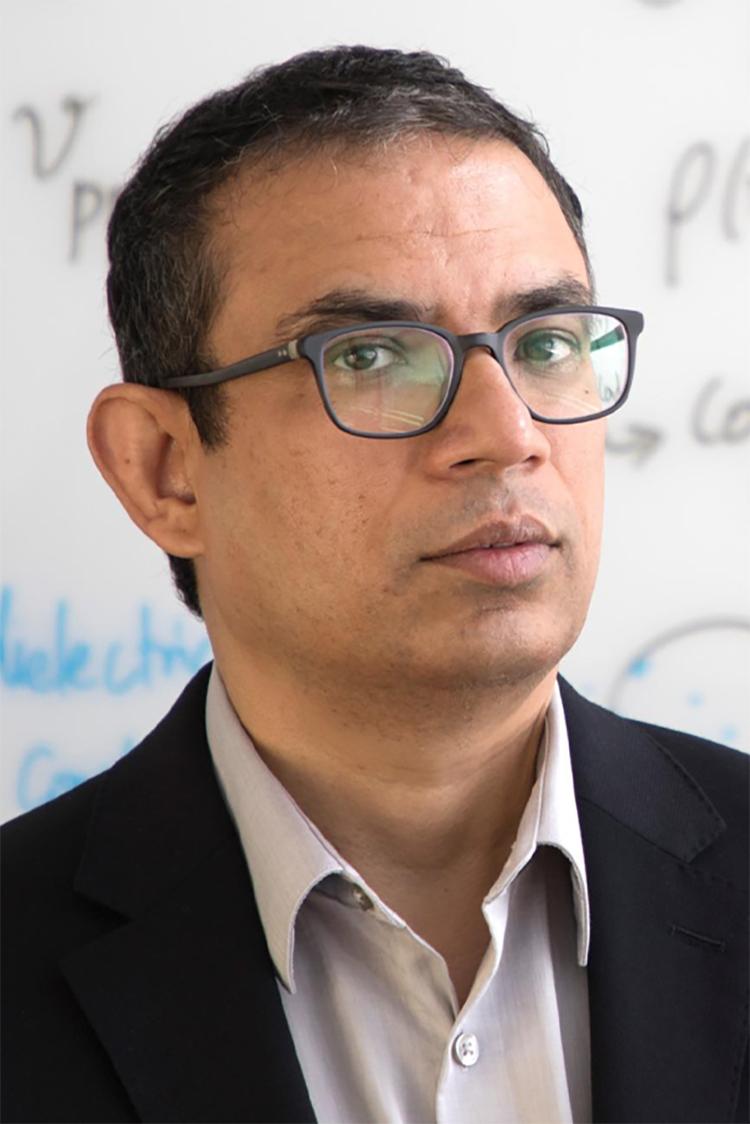
(text and background only visible when logged in)
Related Content
Building Georgia with AI and Manufacturing
College of Engineering faculty to lead $65 million grant announced by White House.

Generating Buzz: Remote Work in a Post-Pandemic World
Patricia Mokhtarian sheds light on how the pandemic-induced shift to remote work continues to impact employers, employees, and downtown office spaces.
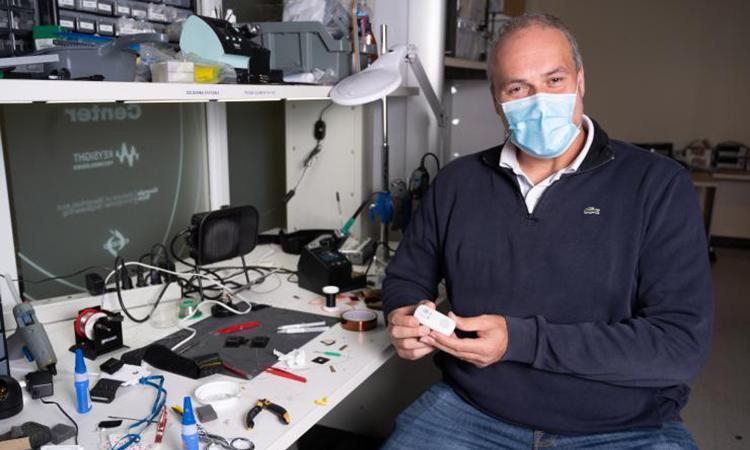
Research Leads to FDA Breakthrough Designation for New PTSD Treatment
Georgia Tech and Emory University researchers are opening the door to a hopeful new therapeutic alternative for people suffering from PTSD and have received FDA Breakthrough Device designation for the treatment.
(text and background only visible when logged in)
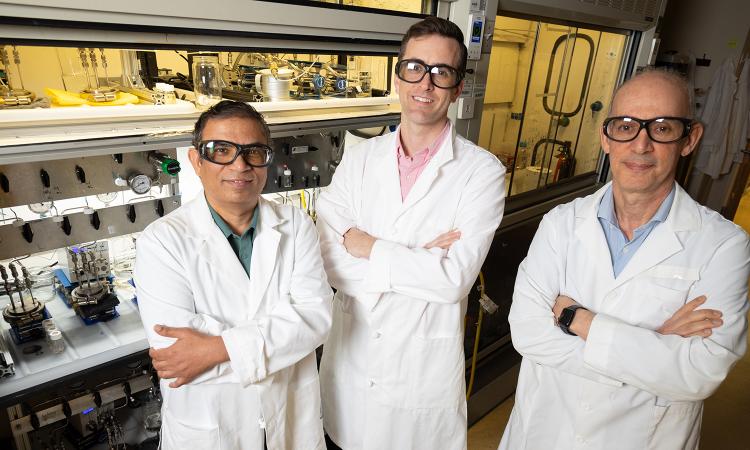
New Polymer Membranes, AI Predictions Could Dramatically Reduce Energy, Water Use in Oil Refining
The membranes would improve distillation processes that account for 1% of the world’s energy use.